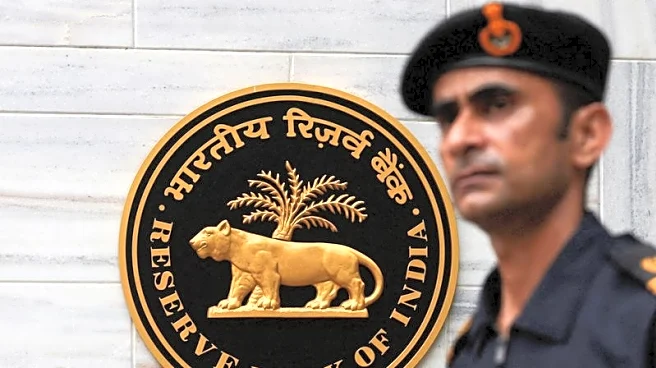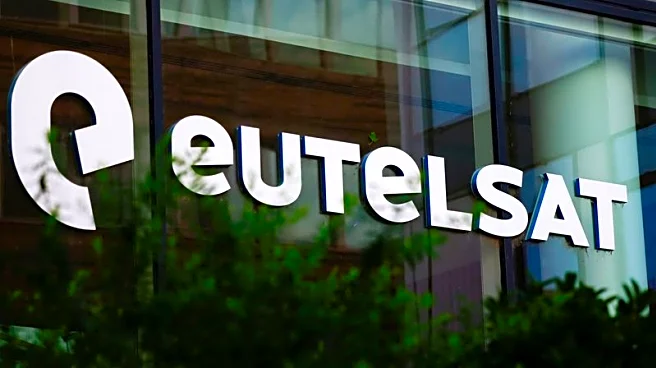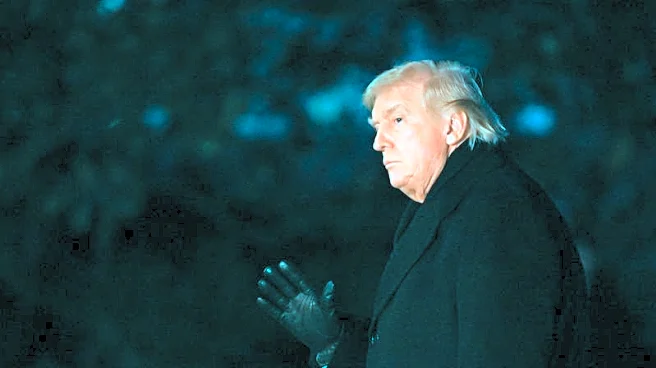What is the story about?
What's Happening?
Armistice Capital LLC and its founder have been cleared of allegations related to insider trading by the US Court of Appeals for the Second Circuit. The court affirmed the dismissal of a lawsuit filed by shareholder Andrew E. Roth, who claimed Armistice and its managing partner Steven Boyd made $87 million in short-swing profits from Vaxart Inc. Roth argued that the board members lacked the 'novel knowledge' required to exempt the trading under Section 16(b) of the 1934 Securities Exchange Act. The court found no legal or regulatory support for Roth's argument, leading to the dismissal of the case.
Why It's Important?
The court's decision is significant for Armistice Capital and similar investment firms, as it reinforces the legal standards governing insider trading allegations. The ruling may impact how future cases are argued, particularly concerning the interpretation of 'novel knowledge' and exemptions under securities law. It also highlights the challenges investors face in proving insider trading claims, potentially influencing shareholder activism and corporate governance practices.
What's Next?
With the dismissal of the lawsuit, Armistice Capital can continue its operations without the burden of legal proceedings related to this case. The decision may prompt other firms to review their compliance and governance strategies to avoid similar allegations. Shareholders and legal experts may analyze the ruling to better understand the court's stance on insider trading and its implications for future litigation.
Beyond the Headlines
The case underscores the complexities of securities law and the balance between protecting investors and allowing corporate flexibility. It raises questions about the effectiveness of current regulations in preventing insider trading and whether additional measures are needed to ensure transparency and fairness in the market.
















